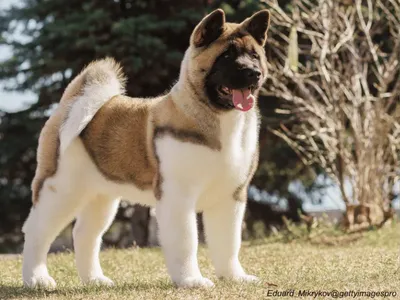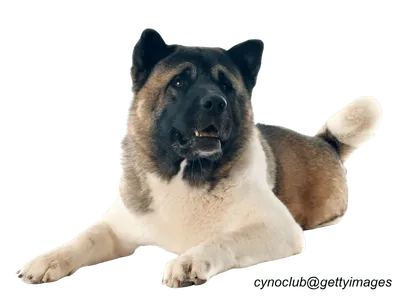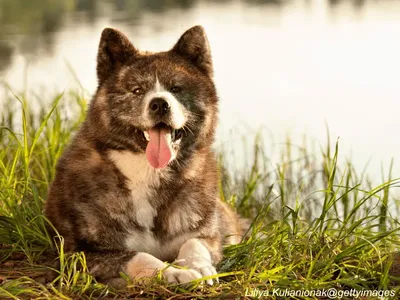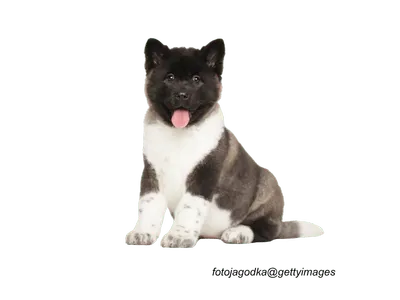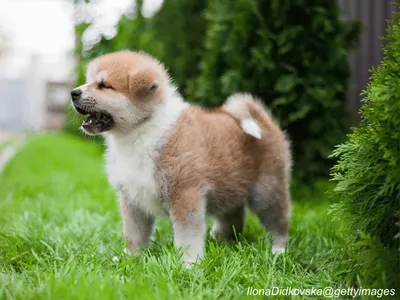Akita
AKC & CKC Working Group
Origin & History
The Akita originated in the mountainous northern regions of Japan as early as the 17th century. Bred as hunting and guard dogs, they were used to track large game like boar, elk, and even bears. The breed takes its name from Akita Prefecture, where it was refined. Akitas were considered symbols of good health, happiness, and longevity in Japanese culture.
The famous Akita Hachiko, known for his legendary loyalty became a national symbol in Japan. Today, Akitas serve as both dignified companions and protective guardians, maintaining their noble bearing and strong will.
As a natural monument of Japan, the Akita remains a treasured symbol of Japanese heritage while forming deep, selective bonds with their families.
Stats:
- Height: 24-28 inches
- Weight: 70-100 | 100-130 pounds
- Coat: Thick double coat with stiff outer guard hairs
- Colors: Any color including white, brindle, or pinto; Japanese Akitas have limited colors
- Lifespan: 10-13 years
| Traits: | 1 | 2 | 3 | 4 | 5 |
|---|---|---|---|---|---|
| Energy: Needs vigorous daily exercise | ✓ | ||||
| Easy To Train: Intelligent but independent; can be stubborn | ✓ | ||||
| Grooming: Heavy shedding, especially seasonally | ✓ | ||||
| Family Dog: Loyal to family; reserved with strangers | ✓ | ||||
| Watchdog: Excellent natural guardian; highly protective | ✓ | ||||
| Beginner Friendly: Not recommended for first-time owners | ✓ | ||||
| Prey Drive: High; strong hunting instincts | ✓ | ||||
| Barking: Minimal; typically only when necessary | ✓ | ||||
| Good with other dogs: No; high risk of fighting with same gender dogs | ✓ |
Health Concerns:
- Hip Dysplasia: Common in large breeds
- Elbow Dysplasia: Joint development abnormality
- Eye Diseases: Entropian
- Gastric Dilation Volvulus (GDV/Bloat):Stomach twists on itself, cutting off blood flow
- Sebaceous Adenitis (AD): Skin disease which leads to dry, scaly skin & hair loss
- Hypothyroidism: Body's immune system attacks thyroid
- Patellar Luxation:Slipping kneecaps
Please check the Canine Health Information Center (CHIC) and parent breed clubs for health information.
Glossary of general canine health conditions.
